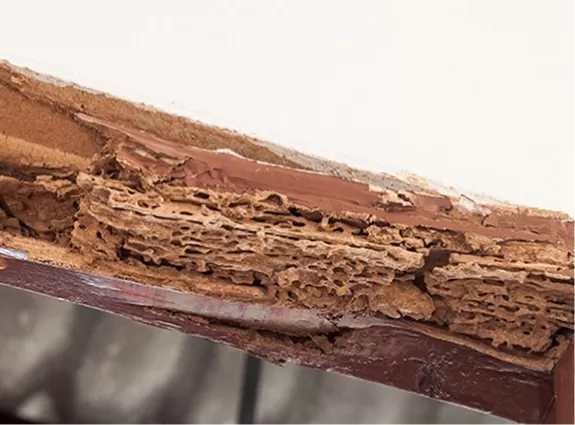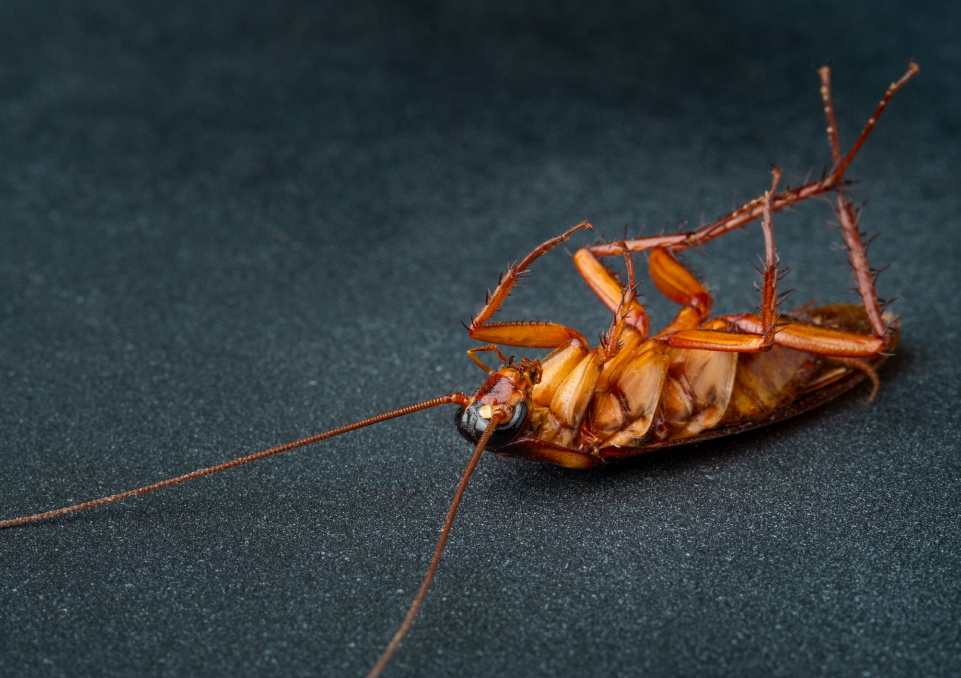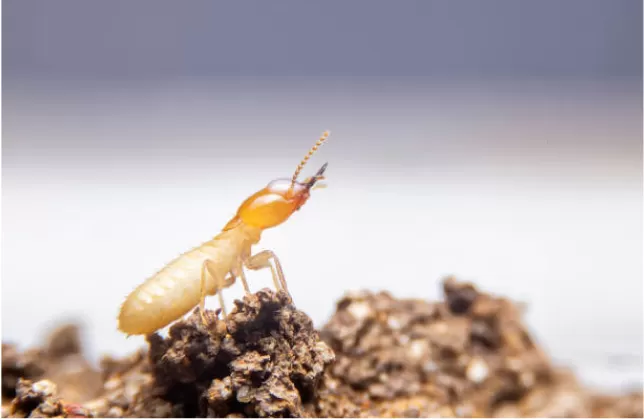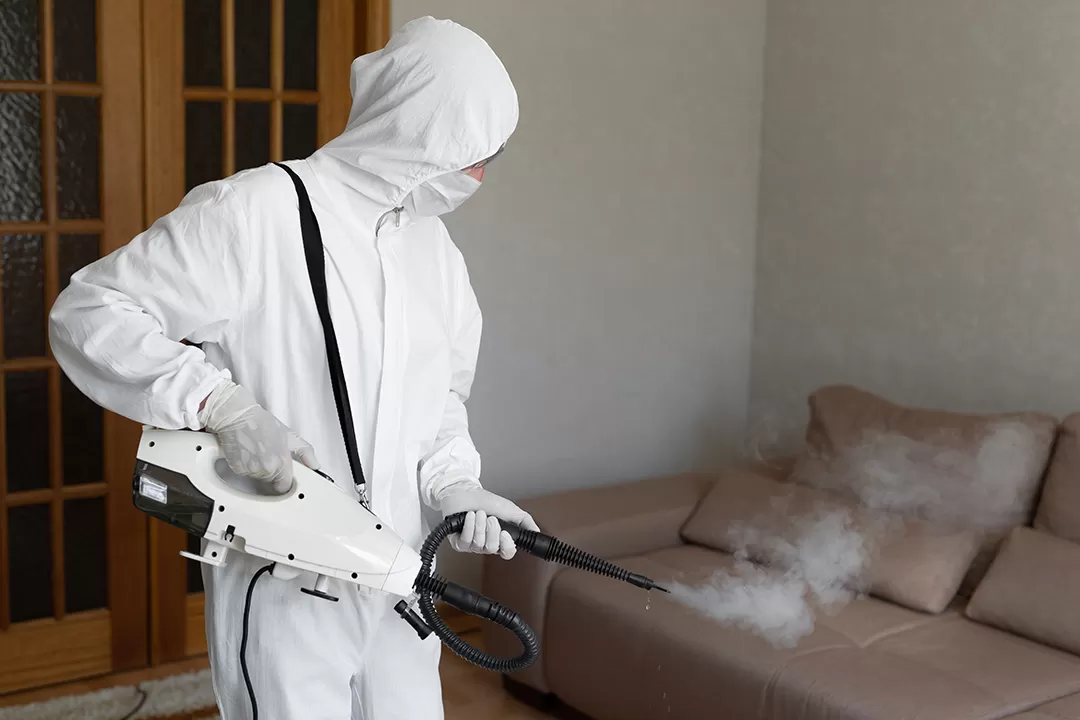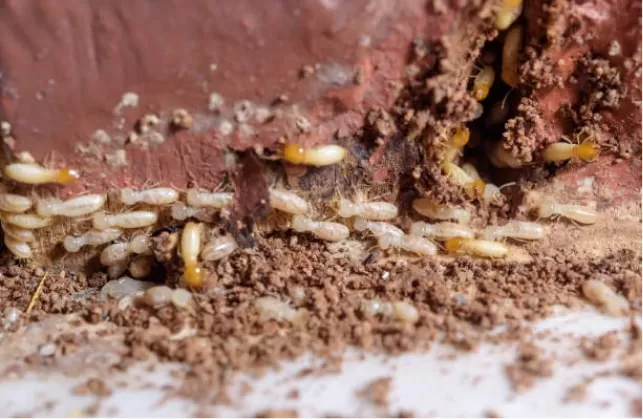Have you been noticing too many lizards scurrying around the house recently? If it feels like these scaly reptiles are taking over your home, it is time to take action against them.
However, you need to understand why these unwanted scaly guests are attracted to your property before you can get them out. You cannot get complete relief from these pests unless you eliminate the root cause.
So, what is it about your house that makes this reptilian population so comfortable? Keep reading to discover some of the most likely things that attract lizards to your house. As a bonus, we have also overviewed the advantages of having a lizard-free home!
What Attract Lizards to Your House?
An Abundance of Other Insects
The house lizard is insectivorous. The prime reason your home is overflowing with lizards is that your home has a good supply of insects. After all, lizards go where they have a lot of food – and insects smaller than themselves are their favourite food!
They prey on crawling creatures such as snails, spiders, and caterpillars. They can also catch flying insects such as flies, winged termites, mosquitoes, and crickets. If your home has a pest infestation of these flying and crawling insects, the number of lizards will increase too. Note that a lot of insects in your home may mean that it is not very clean and tidy.
Access to Other Food Such as Fruits and Vegetables
Generally, you can control a lizard infestation by simply reducing the number of insects you have in your home. However, this may become difficult if there are a lot of sticky spills, food crumbs, or messes. An unclean and ill-maintained house will attract other pests and also provide alternate food supply to lizards who can feed on vegetables, fruits, and food scraps.
If you leave fruits out and unattended, lizards may nibble on them. As fruits offer hydration and nourishment, lizards see them as substitutes for insects.
Easy Entry Points into the House
The truth is that lizards can find food and water in most houses. Therefore, if lizards find easy access to your home, they will enter. This means if you leave your windows and doors open a lot, the risk of lizard infestation will be high. This is also true for houses with holes and cracks on the walls, ceilings, windows, etc.
Do not neglect any small cracks and holes. Lizards are tiny and flexible; they can fit through small spaces. Lizards can easily enter through dog doors as well. If you want to keep these home geckos away, seal all possible entry points.
Lizard-friendly Climate
Even though lizards can survive in most spaces, they prefer warmer temperatures. This is because they are cold-blooded creatures that need to stay warm all the time. So, if you live in a warm location, the chances of a lizard infestation in your home are pretty high. For example, you are more likely to have a lizard problem living in Singapore due to its favourable weather. Also, read this article to know more about how the weather in Singapore can affect pest activities.
Surely, there are ways to deter these unwanted, scaly visitors. However, you have to work harder if the lizard population in areas surrounding your house is naturally higher. Pay heed that your home does not have an easy entry point or provide access to food, water, and shelter.
That’s not all. Lizards do well in temperatures between 70°F to 85°F or higher. So, if your house is always hot and humid, lizards will be highly attracted.
Plenty of Hiding Spots and Shelter
Lizards also like dark spaces, which most houses have plenty of. If your house offers a lot of hiding spots, lizards will dwell comfortably in it. This makes cluttered homes a hot spot for lizards to flock and hide.
If you find lizards hiding behind every piece of furniture you move, it is time to declutter to control the pest population on your property.
Access to Water
Like other reptiles, lizards require water. Water makes up about two-thirds of a lizard’s body weight, making it essential for their well-being. Therefore, lizards are drawn to a house where they can find water. However, they do not need a lot of water.
Water from the kitchen sink or leaking pipes could keep these pests around your house. Lizards will find your home attractive if you have standing water in the garden ponds or pet bowls. To get rid of lizards, fix all leaking pipes in and around the house.
If you cannot get rid of a standing water source, cover it. Also, wipe any water spills immediately and keep table tops, floors, appliances, and other surfaces dry.
Why You Should Ensure You Get Rid of Lizards in Your House
Even though lizards seem like shy and harmless reptiles, there are many downsides to sharing your living room with them. While house lizards will not attack you, they can spread an array of diseases.
Lizards feast on a surfeit of different insects. Usually, this depends on the size of a lizard. Sometimes, they could eat those that have viruses or diseases. This can turn the lizard’s droppings, urine, and saliva hazardous. For instance, lizards can carry salmonella or other bacteria, which can cause food poisoning. You can prevent this by using airtight containers to store food. This way, lizards cannot nibble on your food. Also, try to clean up lizard droppings immediately.
What’s more, lizards can bite. Indeed, lizards rarely bite but it is not impossible. For example, if there is an overpopulation of lizards in your home and a food competition amid them, they might bite. Lizard bites are usually harmless, but you should clean the wound well and apply antiseptic ointment.
The most common reason to get rid of these unwanted pests is their unexpected falls. Yes, lizards can slip and fall – which can be the reason for unnecessary stress and phobia. Try to exterminate lizards early as they can multiply and become out of control.
Conclusion
Food, water, and shelter attract lizards. They feed on small insects but can also nibble on unattended fruits and vegetables. If there is access to water, lizards will find a way to quench their thirst in your home.
The likelihood of a lizard infestation in your home will increase tenfold if your home is in an area with an abundance of lizards, which may be the case if you reside in a warm location. If you have a lizard problem in your home, it is important to take care of it. Lizards can spread germs and bacteria and even cause food poisoning.
So engage a professional pest control service provider to manage the lizard problem in and around your house today. An experienced and knowledgeable technician will also be able to tell you the reasons for the infestation and how you can avoid them to keep the lizards out of your premises


